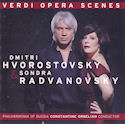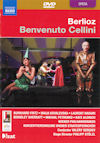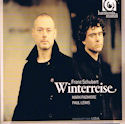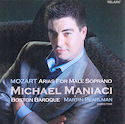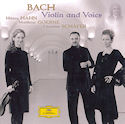Bad Boys - Bryn Terfel; Swedish Radio Choir and Symphony Orchestra; Paul Daniel
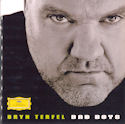 Bad Boys
Bad Boys
Bryn Terfel; Swedish Radio Choir and Symphony Orchestra; Paul Daniel
Deutsche Grammophon 477 8091
Tenors may win winsome hearts playing the romantic lead, but, as we often see, the “bad” bass-baritone elicits a strange yet much more compelling attraction. Perhaps it's raw brute force that turns our heads and makes us quiver with excitement, or maybe it's the element of danger that we find fascinating: the kind of thrill that even the noble Donna Elviras of this world can't possibly resist. With this recording and a tour of the same name, Bryn Terfel offers highlights from villains of the opera house and musical theatre in all their various forms, ranging from gossips, swindlers and cads to the ruinous, murderous and satanic.
He is menacing as Sweeney Todd, cruel and calculating as Iago (Otello) and Scarpia (Tosca), pure evil as Mephistopheles (Faust) and Kaspar (Der Freischutz). As Sportin' Life (Porgy & Bess) “It ain't Necessarily So” transposed to the baritone range gives him the opportunity for a carefree, devil-may-care attitude. The final scene of Don Giovanni provides the best showcase of all as Terfel sings all three roles: The Commendatore, Leporello and Don Giovanni.
Bryn Terfel is a consummate showman; he brings these characters driven by lust, revenge and greed to life with sheer power and range of emotion few are capable of. And, at the same time, he seems to be having an awfully good time giving us a good scare with a fierce growl.


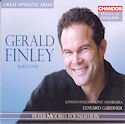 Great Operatic Arias
Great Operatic Arias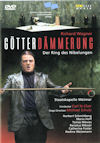 Wagner - Gotterdammerung
Wagner - Gotterdammerung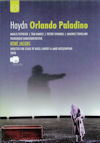 Haydn - Orlando Paladino
Haydn - Orlando Paladino